Intel has reportedly secured a license to continue to sell to Huawei amid an intensified U.S. crackdown on the Chinese chip industry, according to media reports on Tuesday, a move that shows the U.S. is imposing targeted restrictions to contain China's chip development in an effort to limit the impact on its own industry, experts said.
They noted that the U.S. crackdown has caused significant damage to U.S. companies and the global supply chain, while fueling the development of the Chinese chip industry.
Intel survived an effort to halt hundreds of millions of dollars' worth of chip sales to Huawei, despite increasing complaints from Intel's business rivals and increasing pressure of some U.S. politicians seeking to revoke the export licenses, Reuters reported on Tuesday, citing people familiar with the matter.
In late 2020, the U.S. Commerce Department granted some U.S.-based Huawei suppliers, including Intel, special permission to sell certain items to the Chinese telecoms equipment giant.
AMD argued it was unfair that it did not receive a license to sell similar chips to Huawei, according to the Reuters report.
AMD is also seeking U.S. approval to sell an artificial intelligence (AI) tailored for China but was told it must obtain a license, as the chip was too powerful despite being weaker than what the company sells outside China, Bloomberg reported earlier this month.
Telecom industry experts believe that the U.S. licensing system is being used to dynamically ensure that only the exports that won't help advance Chinese technology are being permitted.
The license for Intel's chip exports to Huawei must also be evaluated to ensure that the chips cannot help Huawei or China achieve technological breakthroughs and leadership, Ma Jihua, a telecom industry analyst, told the Global Times on Wednesday.
"For Intel, obtaining approval is definitely a positive development to retain a major customer. The Chinese market is very large, with a high market share and consumer base," Ma said.
There is the probability of other semiconductor enterprises obtaining licenses. In the U.S., such licensing mechanisms provide scope for political lobbying and bargaining, Ma noted.
Yet, the approval of an export license does not signify that the U.S. will relinquish its pressure on China's semiconductor sector. It will persist with a tough approach toward China while ensuring that it minimizes the harm to its own industry, Xiang Ligang, director-general of the Beijing-based Information Consumption Alliance, told the Global Times on Wednesday.
The U.S. is constantly assessing the need to expand export controls to stop China from acquiring advanced computer chips and manufacturing equipment that could be used to boost its military, U.S. Commerce Secretary Gina Raimondo said on Monday.
In 2023, the U.S. broadened its export controls, including a measure to cut China off from certain semiconductor chips made anywhere in the world with U.S. equipment, which seriously threatened the stability of industrial supply chains.
The new rules announced in October 2023 also barred exports of Nvidia's A800 and H800 chips to China, both of which were made to comply with previous export rules. The restrictions have sapped Nvidia's China revenues, with the company recording a close to 53 percent sequential drop in its fiscal fourth quarter.
Washington's attempt to suppress China has backfired, propelling China toward independent intellectual property rights and semiconductor development self-reliance, Ma noted.
In 2023, China imported 479.56 billion integrated circuits, a decrease of 10.8 percent year-on-year, a four-year low, according to Chinese customs data.
In 2023, China saw a roughly $65 billion reduction in chip imports compared with 2022, customs data showed.
The loss was mostly borne by American enterprises, Xiang said.
The self-sufficiency rate of Chinese chips has significantly increased from 5 percent in 2018 to over 25 percent in 2023, which largely represents the lost market share of U.S. companies in China. The trend is anticipated to continue, with an increasing Chinese chip self-sufficiency rate, Xiang added.









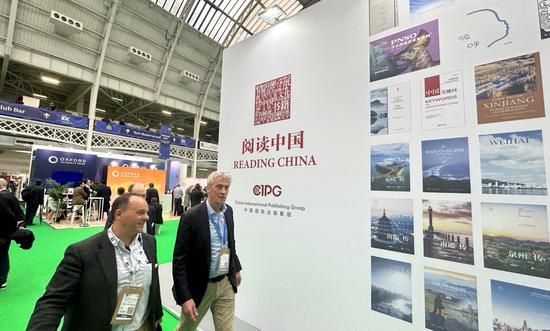






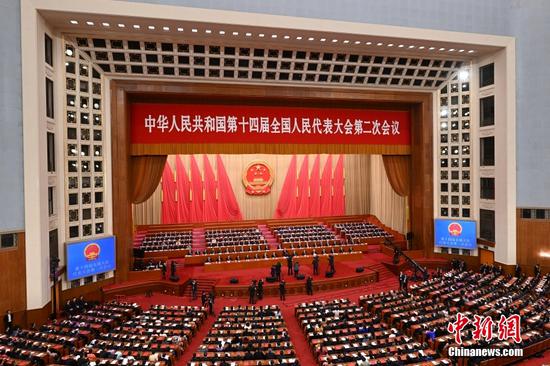




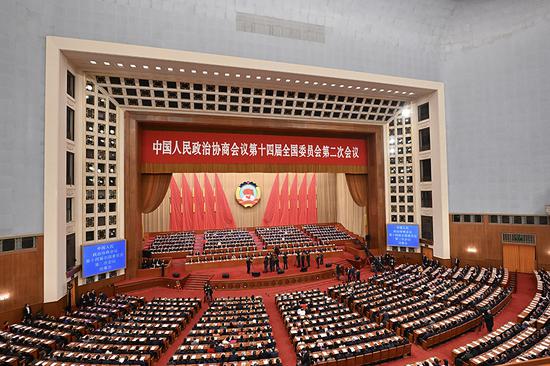
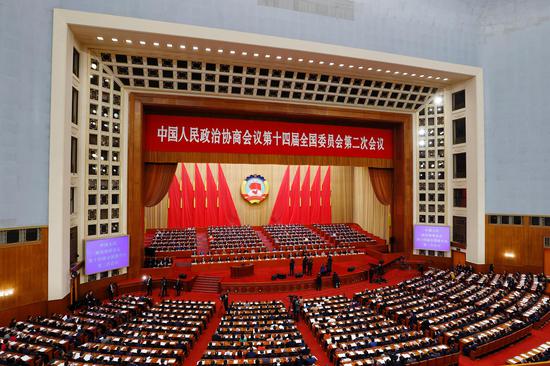

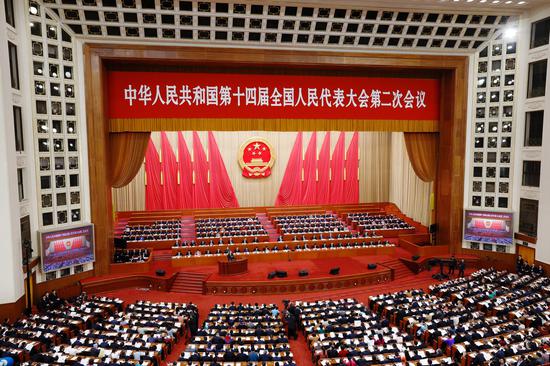
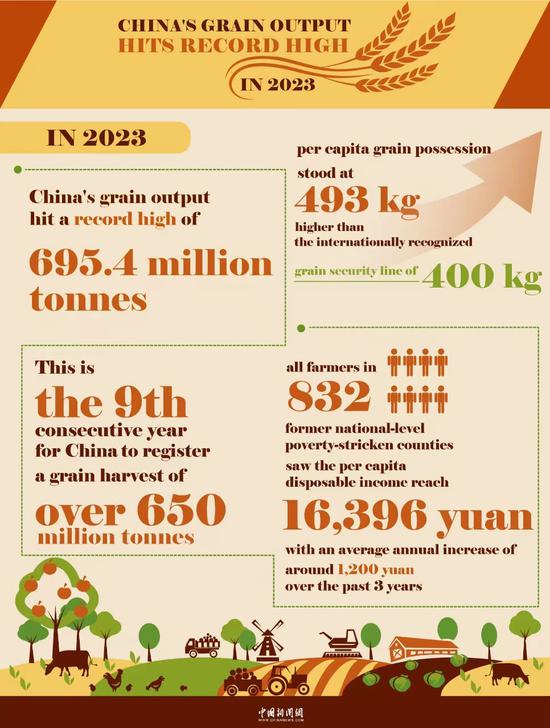
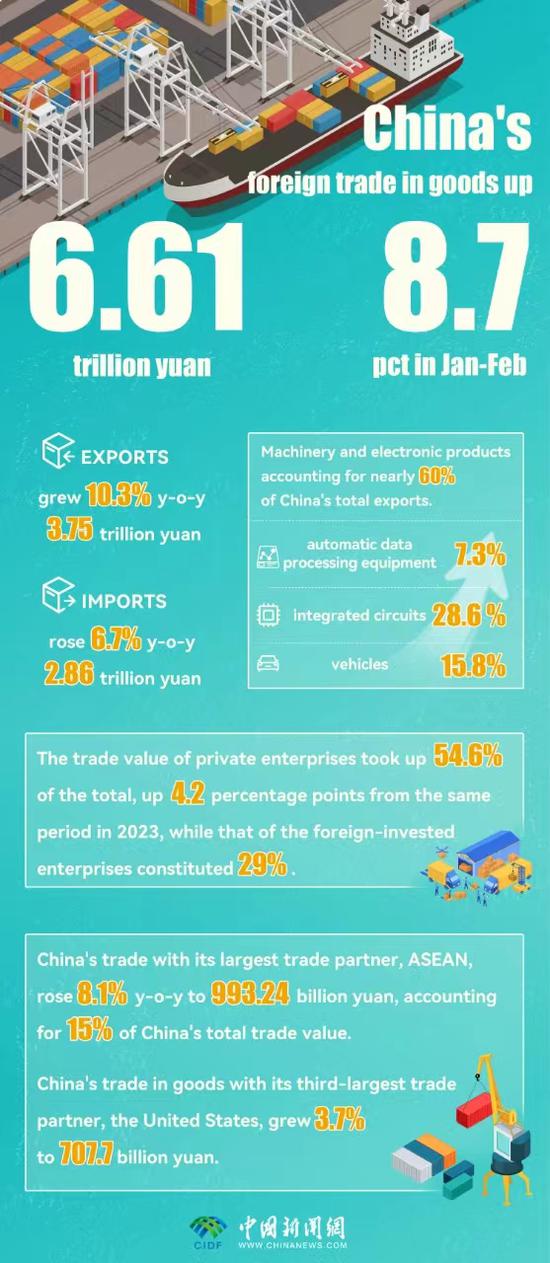

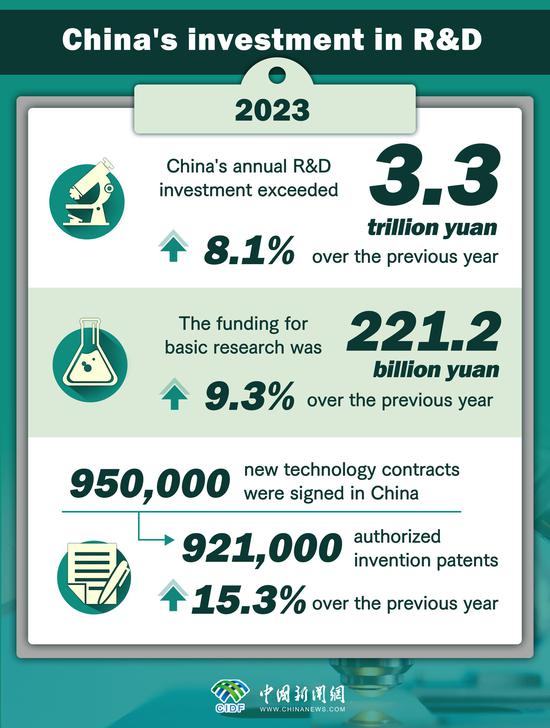





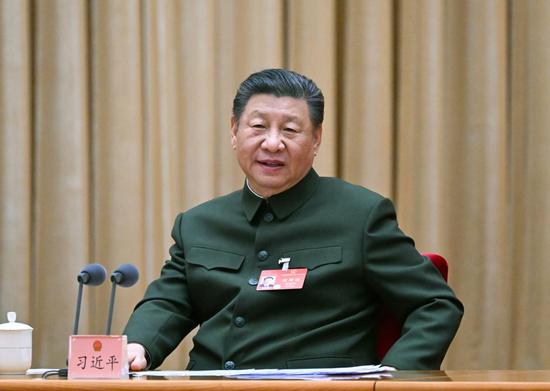


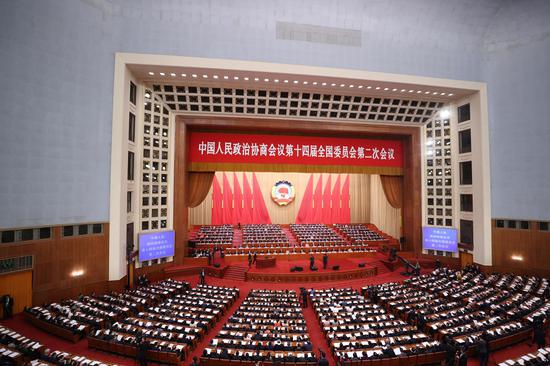
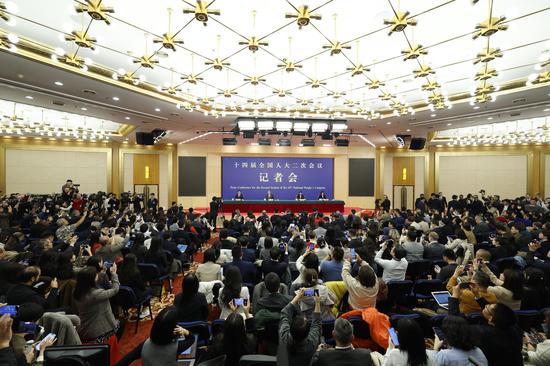

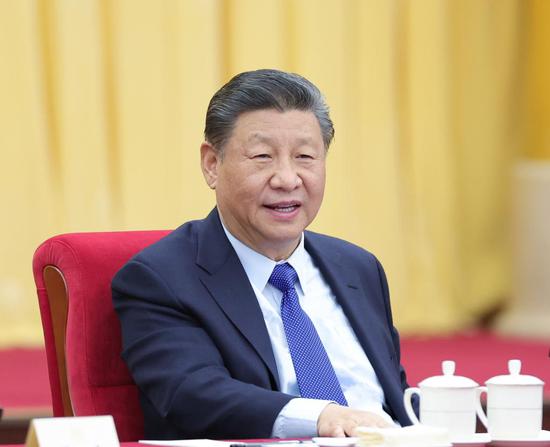

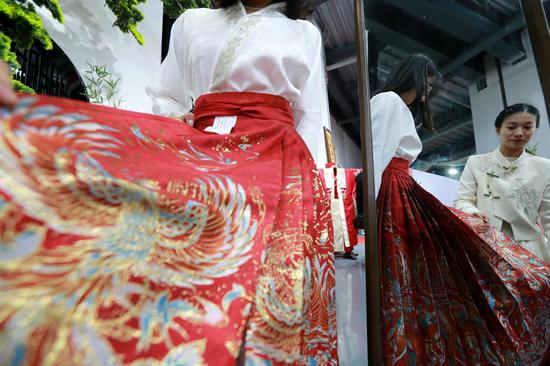







 京公網安備 11010202009201號
京公網安備 11010202009201號